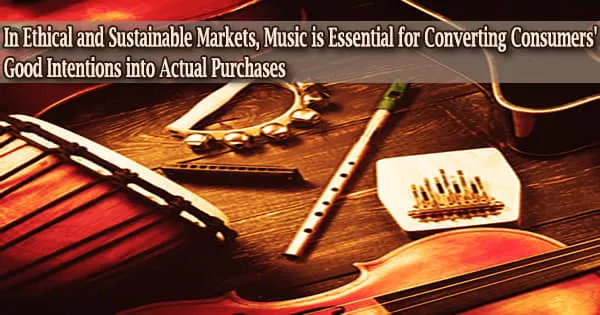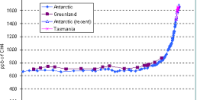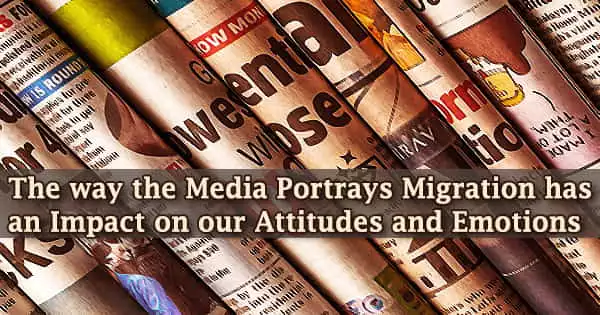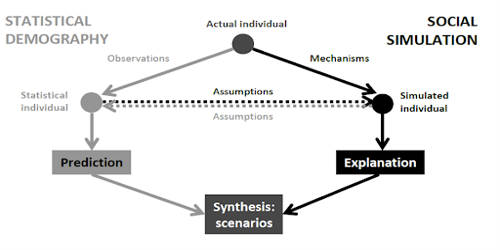According to new research from the University of Bath, businesses offering ethical and environmental products should utilize up-tempo major mode music in their marketing to help well-intentioned customers translate their good intentions into actual purchases.
The study provides a solution for green businesses to deal with the “attitude-behavior gap,” or discrepancy between what consumers say and what they really do, which is a problem in ethical and sustainable marketplaces.
According to studies, only 3% of consumers actually act on their claims that they care about brand ethics. Similar numbers claim to care about environmentally friendly consumption, yet only 5% actually buy green goods.
“This attitude gap is a serious marketing problem because any exaggeration of consumers’ ethical concerns can distort the market, leading to oversupply. Our research suggests one way to bridge that gap is to use advertising music more creatively specifically, to use up-tempo, major-mode music,” said Dr. Haiming Hang of the University’s School of Management.
A scale having specific melodic qualities is called a music mode. It can cause consumers to feel intense, yet very distinct emotions, and it can be categorized as major or minor.
Minor mode music is frequently associated with negative emotions like grief and wrath, whereas major mode music is frequently associated with good emotions like pleasure and happiness.
Our research shows major mode music is effective in reducing the attitude-behavior gap by 40% to 50%. And since fast tempo music tends to generate positive feelings such as happiness our research suggests the attitude-behavior gap is smallest when major mode music is played at a fast tempo.
Dr. Haiming Hang
Tempo is the rate at which a musical passage develops; it is said to be fast when it exceeds 94 beats per minute and slow when it is less than 72 beats per minute.
“It’s no surprise that music influences consumers we know that consumers who enjoy the music associated with brands will view that brand more positively and it will make them more likely to buy the product. That’s the subjective aspect of music what’s more significant is the objective aspect tempo and mode,” Hang said.
“Our research shows major mode music is effective in reducing the attitude-behavior gap by 40% to 50%. And since fast tempo music tends to generate positive feelings such as happiness our research suggests the attitude-behavior gap is smallest when major mode music is played at a fast tempo,” he said.
Several radio commercials for two fictitious products an electric car (EcoCar) and a reusable coffee cup (EcoMug) were produced for the study “Disentangling effects of subjective and objective characteristics of advertising music,” according to Hang. Music was tested in multiple experiments to see how it affected consumers’ intentions to make a purchase.
According to Hang, the research results were applicable to all green products being sold, independent of the customers’ musical preferences.
“Marketers must be aware that simply incorporating a piece of music that consumers enjoy may not be sufficient. When incorporating music into advertisements, marketers must recognize the importance of music mode and music tempo to ensure that a favorable attitude towards a brand translates into sales,” Hang said.
















